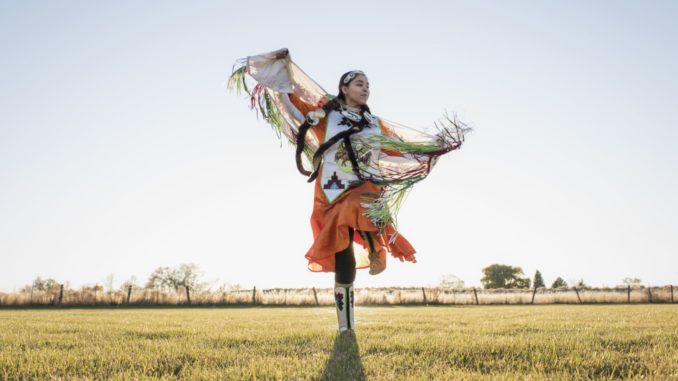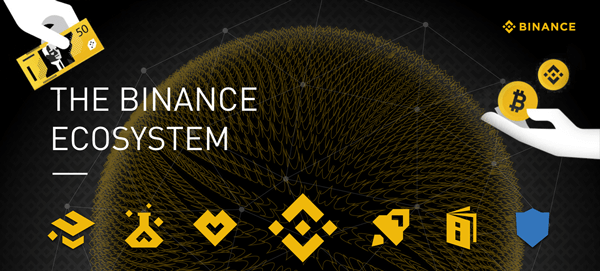
You wouldn’t know that Keolu Fox was a genomic scientist on the College of California, San Diego by simply taking a look at him. His lengthy hair, beard, and simple going character appears extra becoming for a seashore in Los Angeles or a smoke circle at a celebration than a stuffy lab—and certainly, he’ll inform you that there’s nothing he loves greater than browsing or smoking a joint every so often. However when you get the Native Hawaiian happening the intricacies Indigenous genomics or the extractive practices of huge firms and colonial governments, you’ll discover out rapidly what he’s truly about.
“That is about values on the finish of the day,” Fox informed The Each day Beast. “We do not slot in with the established order as a result of we view it as extractive. Our lives have been straight influenced by colonialism and we see it all over the place in science. So it is inconceivable for us to not disrupt.”
The disruption he’s referring to is a proposal for Indigenous communities to take again management of a elementary a part of them: their DNA—or extra particularly, their genomic knowledge. For many years, researchers have been capable of freely entry the genomic data of underrepresented Indigenous populations everywhere in the world on account of large-scale DNA mapping initiatives just like the Human Genome Variety Undertaking.
Whereas the targets of those tasks are ostensibly good—the gathering and preservation of organic knowledge from individuals the world over—they’ve additionally resulted in an inequitable and exploitative use of that knowledge. That is particularly the case in terms of underserved communities and populations.
“Many ongoing genetic research make the most of biomarkers from Indigenous teams, however these Indigenous teams’ personal existence isn’t being acknowledged by their colonial governments,” Krystal Tsosie, a geneticist and bioethicist at Vanderbilt, informed The Each day Beast. “But there’s this speedy search—and this phrase has been utilized in publications prior to now to explain the Human Genome Variety Undertaking—to pattern these populations earlier than Indigenous individuals vanish. Prefer it’s a rush to pattern us like we’re gold virtually.”
Fox compares genomic knowledge to grease. The place firms prior to now made their billions within the extraction of fossil fuels, a brand new business of information aggregation has risen—proving itself to be extremely profitable for unscrupulous for-profit firms trying to acquire and promote knowledge on individuals.
These communities, Tsosie defined, hardly ever profit from having their DNA sampled, regardless of lofty guarantees that their genetic data will result in the event of medical remedies that can straight assist them.. As a substitute, the information is utilized by firms similar to AncestryDNA and 23andMe as a way to flesh out their ancestry database, or scientists will use it in their very own analysis and papers that don’t assist or serve these populations in any respect.
“Scientists and for-profit firms make the most of indigenous biomarkers from exploited teams commercially. However in the meantime, the Indigenous peoples that offered the information are nonetheless dying,” Tsosie stated. “They’re nonetheless ready for these medicines and therapeutics to reach although they have been promised it.”
“Scientists and for-profit firms make the most of indigenous biomarkers from exploited teams commercially. However in the meantime, the Indigenous peoples that offered the information are nonetheless dying.”
— Krystal Tsosie, Vanderbilt College
So to confront these inequitable practices then, Tsosie and Fox suggest using blockchain in a commentary published on Thursday in the journal Cell. Although you may affiliate blockchain with cryptocurrencies or NFTs, the know-how might truly give Indigenous communities management over how their very DNA is used. With blockchain, they may restrict entry to the genomic knowledge, permitting solely sure researchers to make use of it at their judgment.
The commentary hearkens again to the unique promise of the know-how earlier than it was co-opted by cryptocurrency and NFT influencers. Used as a distributed ledger, it might retailer and defend knowledge in a clear approach. With regards to Indigenous genomics, the aim then is to “maintain monitor and assist mediate entry” to the data and permit for knowledge to be shared in a concerted, well-recorded method, in line with the paper. Every time somebody desires to make use of or entry the information, that data is recorded on the blockchain. That approach there may be all the time a document of who used it, and for what goal.
“Everyone associates blockchain with cryptocurrencies and NFTs, which is gloomy and shameful as a result of it type of negates what the precise true potential and utility of a blockchain system is,” stated Fox, the senior writer of the commentary. “Blockchain is a chance to decentralize management.”
Blockchain is sort of a digital ledger or database. It really works by accumulating knowledge in teams referred to as “blocks.” When a block is full of knowledge, it’s added to a sequence dubbed the blockchain. Every block accommodates a timestamp and details about transactions together with who accessed it. Because it’s distributed by way of a pc community, it is decentralized too. It may also be encrypted with a singular key that permits it to be accessed by particular people. So whereas it’s usually used to switch cryptocurrencies from one consumer to a different, it additionally has a number of promise in storing completely different varieties of information like Indigenous genomics in a safe and clear approach.
““We would like individuals to remodel their well being. I feel blockchain and this entire new ecosystem of innovation goes to assist.” ”
— Keolu Fox, UC San Diego
In accordance with the paper, metadata similar to gender, age, group, DNA or RNA sequence knowledge, and whole-genome sequencing knowledge can be saved on the blockchain. If a researcher or an organization desires to entry the information, they are going to make a request by way of a wise contract, which can document the requestor on the chain. The request can then be accredited or denied. If accredited, the consumer will have the ability to achieve entry to the information. (Keep in mind that is only a hyper-simplified rationalization; the precise course of may be very difficult and would require much more growth and refinement to work successfully.)
The authors additionally be aware that the blockchain mannequin continues to be very a lot in its early phases and so they nonetheless must seek the advice of with Indigenous leaders and communities as a way to guarantee it greatest serves these populations. Nonetheless, if and when it’s applied, they consider it holds the potential to uplift these communities in an exponential and explosive approach that goes past well being and genomics.
By giving the information again to Indigenous communities, it additionally has the potential to create jobs and schooling alternatives in STEM, in line with Tsosie who can be a co-author of the paper. She stated that it might permit them to coach “knowledge science to communities.”
“We would like individuals to remodel their well being. I feel blockchain and this entire new ecosystem of innovation goes to assist,” Fox stated. “Individuals will innovate. They are going to create new issues.”
Ultimately, that is deeply private for researchers like Fox and Tsosie. It’s not an abstraction to them. It’s about their households. It’s about their mates. It’s in regards to the very essence of what makes an individual an individual: DNA. If you’d like any say about your future and livelihood, you have to wrest again management of the basic constructing block of what makes you who you’re and never permit it to be exploited for some firm who sees your DNA as a greenback signal.
So whereas blockchain is extra related to crypto developments, it provides promise to get management over not solely Indigenous genomic knowledge but in addition the very future of those communities too—and that’s value way more than any NFT or cryptocurrency.
“You’ll all the time be the winner should you resolve what the metric is,” Fox stated, quoting hip-hop artist Talib Kweli. “Management the sport. Don’t be the sport or the predator.”





 Bitcoin
Bitcoin  Ethereum
Ethereum  Tether
Tether  XRP
XRP  USDC
USDC  Solana
Solana  TRON
TRON  Dogecoin
Dogecoin  Lido Staked Ether
Lido Staked Ether
Be the first to comment